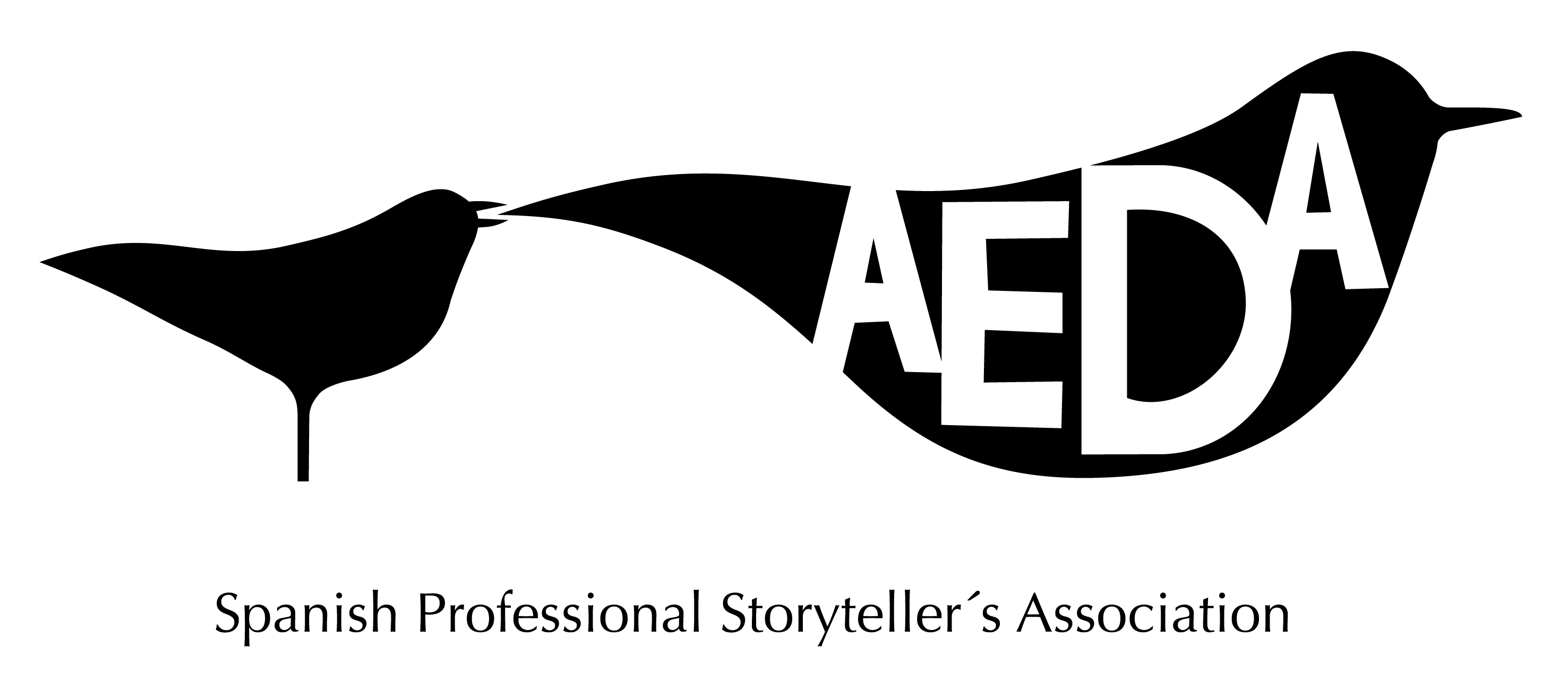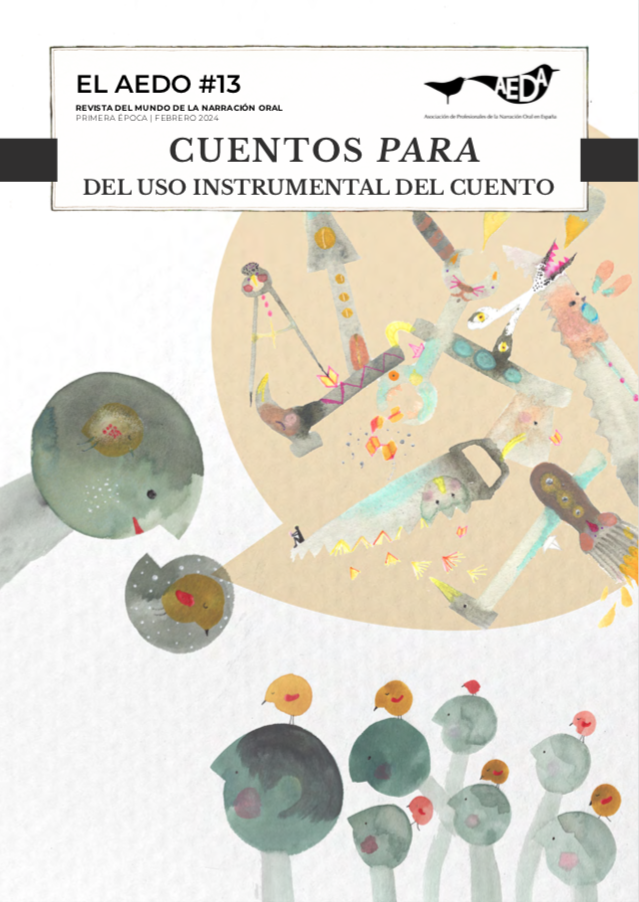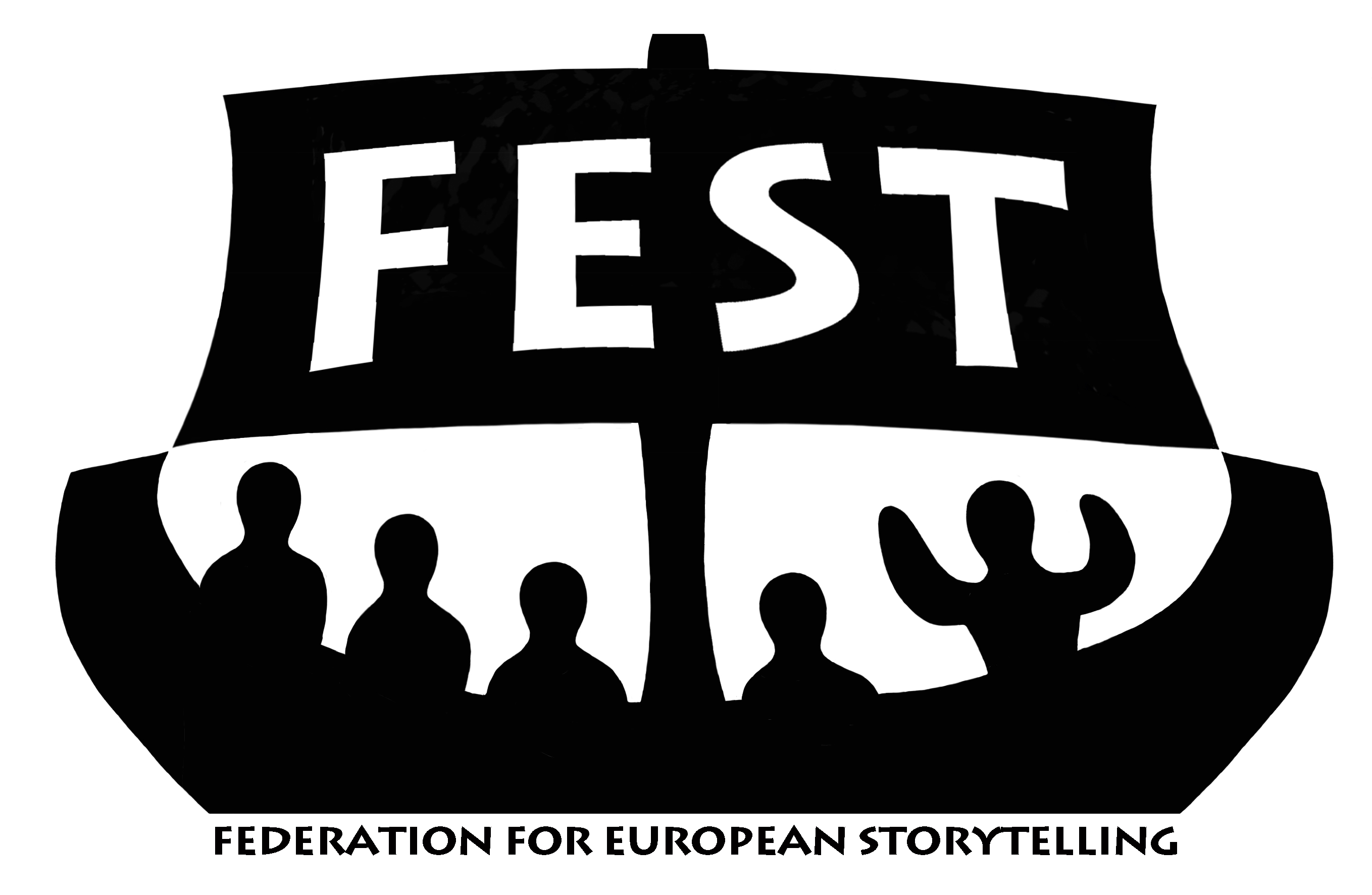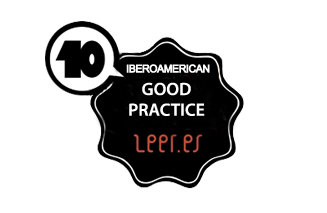Jan Blake interviewed by Estrella Escriña
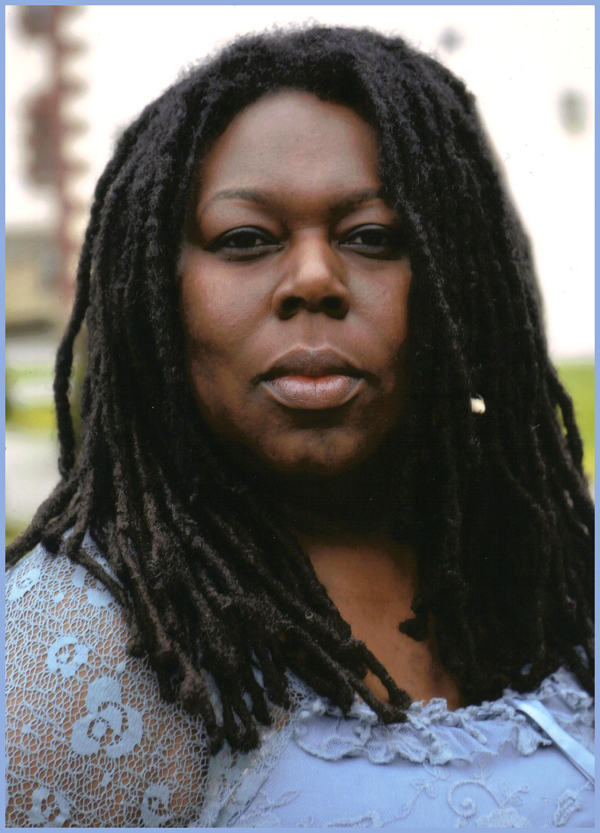
I met Jan Blake during the Tales conference in Beja, Portugal (September, 2015) and I have the pleasure to listen to a conference and to attend to a workshop that was really inspiring. I have to thank Sonia Carmona, that give me the idea to make this interview.
why do you think is so important that schools use storytelling?
First of all, children have to be in the school all the time, so parents are not with their children, so they are not telling them stories, so schools should do it. As far as I am concern, children need stories. They need stories to make sense of themselves, the world they are living and where they are. Children have to be in schools at least seven hours of the day, so there is where they should get stories.
What would you tell a teacher that would like to start to use stories?
I would say start with inspiring personal stories about your own childhood. Stories of joy and life that children will be fascinated by and use those stories to get children to talk to each other about their own enjoyable, joyful stories. I would say that is a good starting point.
Any tips you think are really important when using stories? you were talking before about 'active listening'
It is difficult to talk about these things. There are really things that you have to demonstrate. The teacher should demonstrate active listening, the important point is that if you are telling a story from your childhood, that is joyful and inspiring and full of light and laughter, the children will listen active because, one of the things children found it hard to believe is that their teachers were children in the first place. When you share staff like that, children love it. They love to know that the teacher in front of them is real, is human, is here and was like them as some stage of their lives.
I would say start with stories from your childhood that you love, that you want to share, use it as an opportunity to create a sense of community in your classroom, get children to tell stories, make them bring objects that they love, maybe a toy that they love and talk about why, maybe get the teacher to tell them about their favorite toy, make a link between themselves and the children, I think that is the way to get children talking in class. I don't think we have to focus so much on 'storytelling' as a performance. I think that getting children talking is the beginning of storytelling. Getting them talking personal narratives, using objects to stimulate those narratives, I think that is they way to begin. It is a vast area, this is just tipping the very tip of your tongue in a very vast ocean.
For storytellers that want to work with schools? who pays for these projects in England?
It depends, the project we were talking yesterday about the bed time stories, that was a project from a particular funding that was available at the time. If the school is open and want to work with storytelling, they will find the funding to do it.
What about the crisis? Has that affect much these type of funding?
I don't think is a crisis about finances. I think it has more to do whith what is in and what is out. Storytelling is out and poetry is in, digitalization is in ... I think it has to do less with the crisis and more where funding is diverted to because what is considered to be a value now. For me storytelling will always have a value, I will always find my way to work in storytelling and education. I don´t worry too much about funding. I am in a privilege position, I have my credentials, I have thirty years of experience, people know my work, so I am approach by organizations to work with them. Obviously, they got the money somewhere, otherwise they wouldn´t invite me but I tend not to let those things bother me, I just do my job.
More: http://www.janblakestories.co.uk
